Marvel's Thor, Assassin's Creed, and Netflix's Vikings: why are we so obsessed with Norse mythology?
The experts behind Assassin's Creed, Vikings: Valhalla, and an IRL archaeologist weigh in
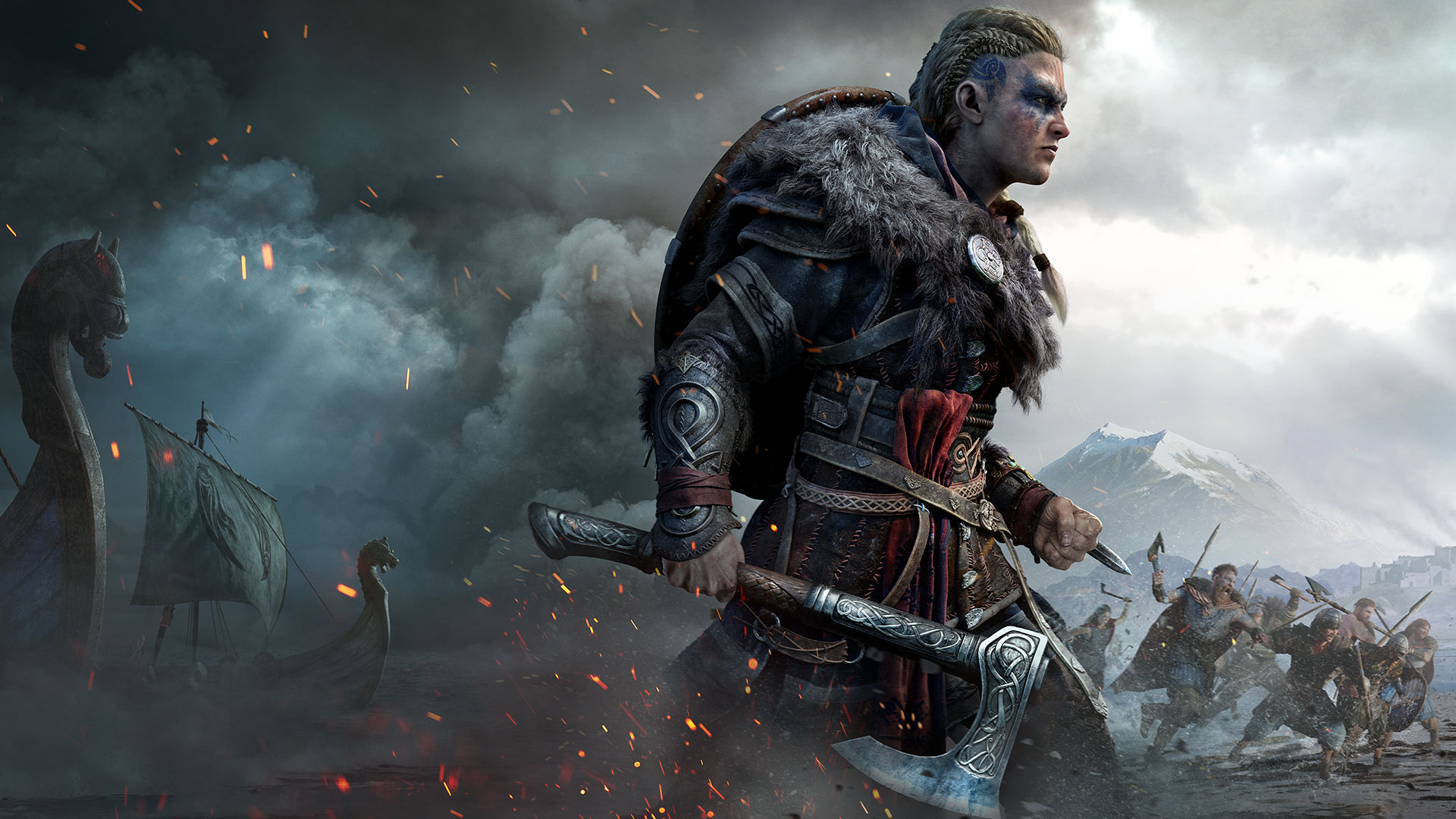
Vikings seem crazy hot right now, but the truth is they've been conquering popular culture for years. Valheim, God of War: Ragnarok, Assassin's Creed Valhalla, and Senua's Saga: Hellblade 2 all leaned into the Norse narratives, Thor is the Marvel Avenger you can't help but love, and on television, the series Vikings made us all want to be shield maidens.
So what is it about this particular piece of history that we just can't resist? Why do Norse mythology and history hold such a fascination for us in the year 2020? We spoke to some experts to find out just what it is about the Norsemen that has us trembling with delight at the merest glimpse of a (historically inaccurate) horned helmet and ax.
Historical heroes
"The Vikings were never really forgotten, and they have featured strongly in the public imagination for at least the last 200 years, but it’s from the 1950s onwards that they have become familiar through books, comics, movies, and now games," explains Neil Price, an archaeologist who specializes in the study of Viking Age Scandinavia and has authored a number of books, including Children of Ash and Elm: A History of the Vikings.
"I think their appeal lies in them feeling simultaneously modern and alien. The sheer range of their travels, their encounters with so many peoples and places, is something we can recognize, and – at least by the standards of the time – they seem to have been relatively tolerant and inclusive. However, this same world was incredibly strange, as the Vikings shared it not only with gods but also a whole invisible population of elves, dwarves, spirits and other supernatural beings."
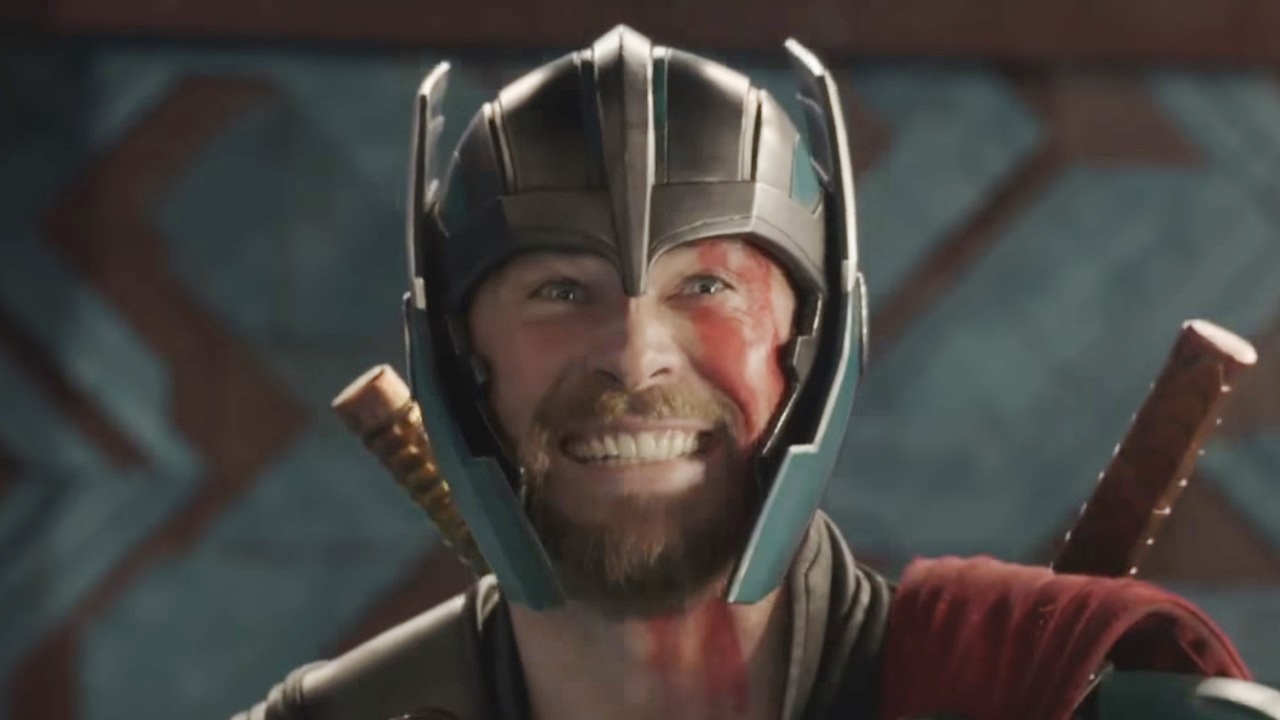
Jeb Stuart, showrunner and executive producer of the upcoming Netflix series Vikings: Valhalla, believes a lot of these traits make them irresistible for storytellers.
"First, the Vikings glorified success. They were in the ‘hero business', which for a writer makes for epic storytelling," he tells GamesRadar.
"Second, the Norse believed their gods did not live in a celestial heaven, as in the Christian rendering, but walked the earth among them, made mistakes, and embodied human traits that made them recognizable and relatable. And third, Viking society was an egalitarian society; success was the common denominator and it cut across gender and ethnicity. For storytellers (including modern-day screenwriters) this opens so many more stories to explore without bending history to fit a contemporary format."
Weekly digests, tales from the communities you love, and more
Time travel
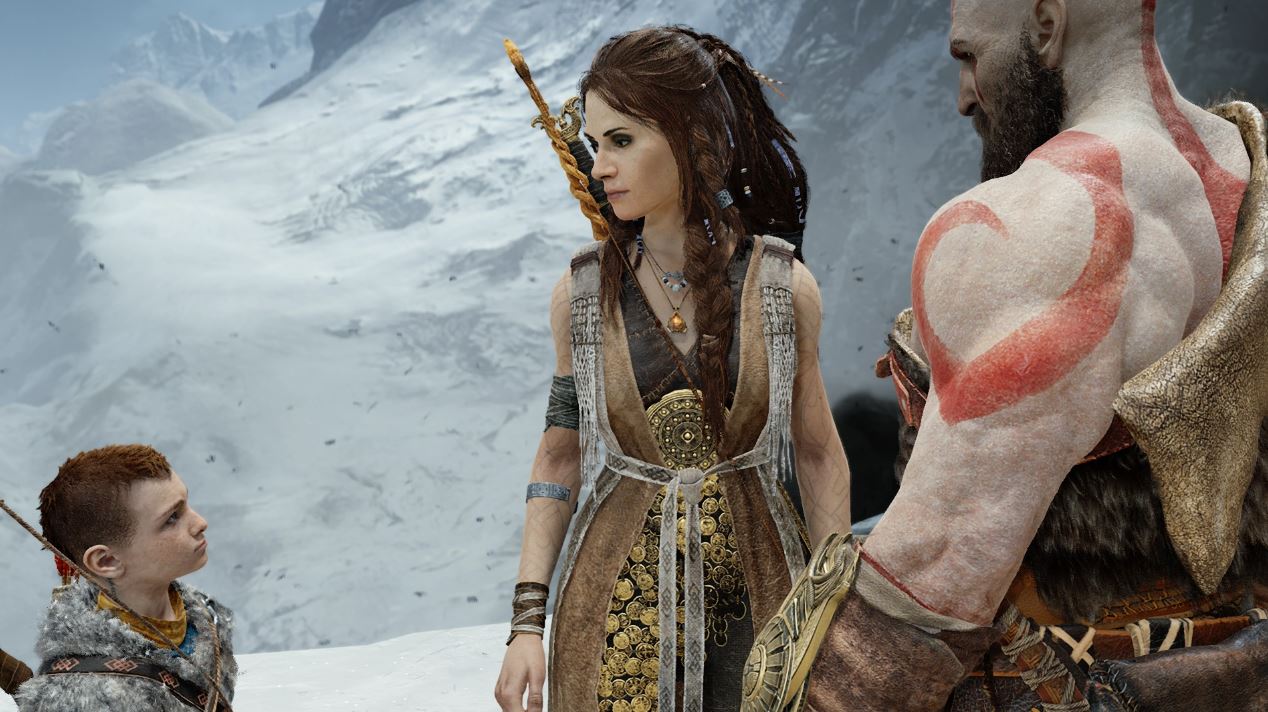
Those are all elements you'll have seen if you spent the end of last year traveling Mercia, forging alliances, and avenging your family in Assassin's Creed: Valhalla. The game's narrative director, Darby McDevitt, tells GamesRadar about how exploring Viking history threw up parallels with our modern world.
"While researching for Assassin's Creed Valhalla, it became abundantly clear how fragile the scaffold of developed society truly is. And as we went deeper into this research, it became easier and easier to imagine that the people of the 21st century were just as capable of taking a similar backwards step. The Dark Ages serve as a reminder that nothing is permanent and progress is not guaranteed. We are the shepherds of our own civilization, and it is up to us to care for it."
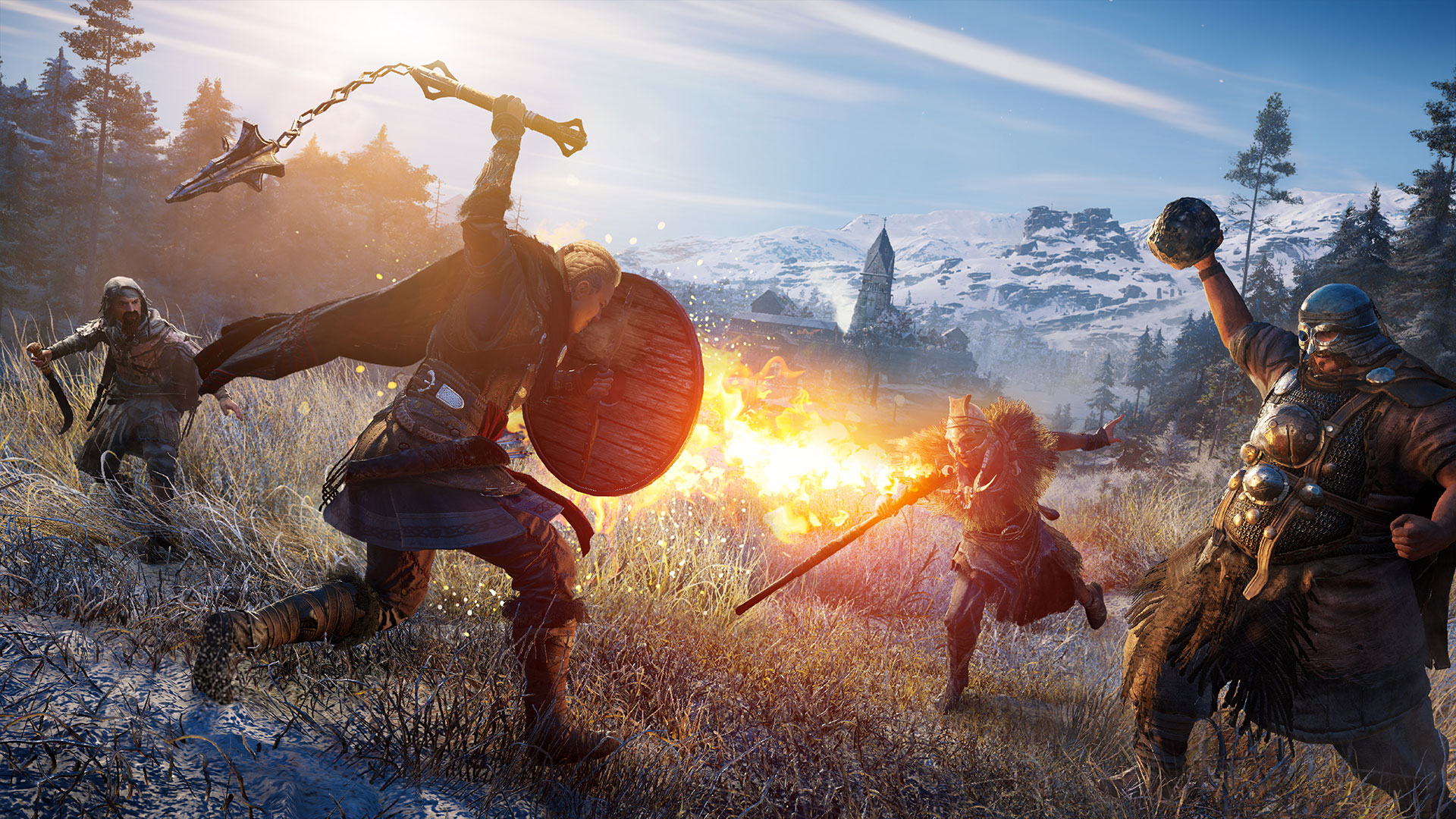
Stuart also sees a particular relevance in the tumult of Viking times and our own. "By the year 1000 Christianity had spread all across Western Europe and Scandinavia was the last great holdout of the old pagan religion," he says. "This transition from one belief system to another was brutal and often violent. Families were split apart over their faith and the idea of 'what is right.' These cultural differences will be instantly recognizable to a modern audience."
Price, meanwhile, believes it's the combination of the strange and familiar that makes them so intriguing to us. "I think their appeal lies in them feeling simultaneously modern and alien. The sheer range of their travels, their encounters with so many peoples and places, is something we can recognize, and – at least by the standards of the time – they seem to have been relatively tolerant and inclusive. However, this same world was incredibly strange, as the Vikings shared it not only with gods but also a whole invisible population of elves, dwarves, spirits and other supernatural beings."
In Assassin's Creed Valhalla, the team used this tension to give us a fantastic adventure that still dealt with modern themes, despite reaching further back than previous entries in the series.
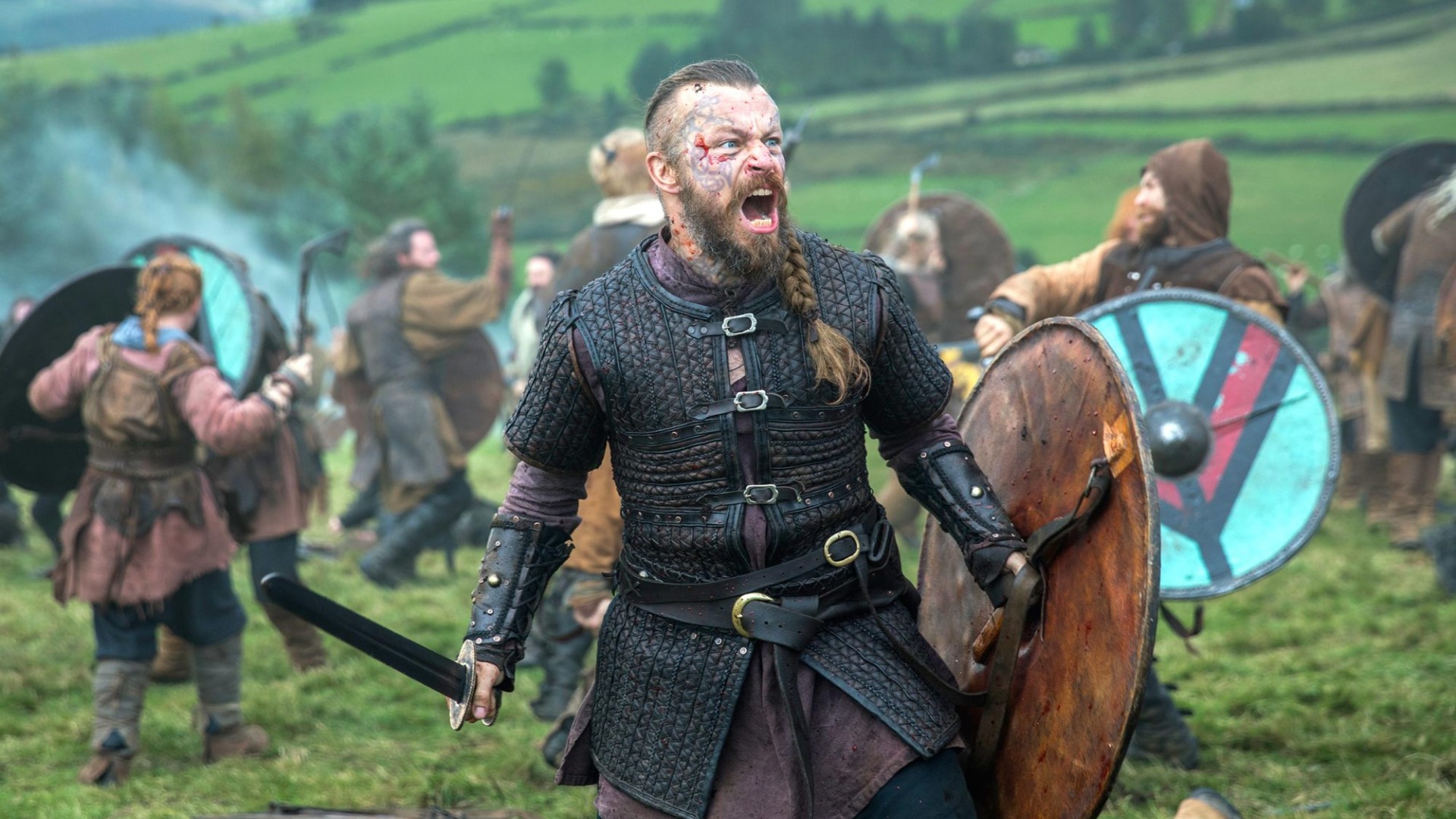
"In many ways, Assassin's Creed Valhalla marks the most 'primitive' entry in the franchise. In spite of Odyssey and Origins taking place in the previous millennium, the world of Valhalla is far less developed, and its people far more tribally motivated than any game in the series," says McDevitt of the game.
"But we have depicted this milieu with as much complexity and sympathy as possible. In the end, we simply wanted to depict stories about humans in all their many shapes and forms, without passing judgment on how they lived and how they died. It is our sincere hope that our players come away from Assassin's Creed Valhalla with a fuller understanding of the era and its people."
Modern messages
When you watch Vikings: Valhalla, Stuart is more concerned with thrilling you with a glimpse at an intrepid group of Norsemen at a crucial point in history.
"Valhalla is not an allegory, it's a fast-paced, end-of-an-era drama about a compelling and adventurous group of characters," he promises. "And if it feels contemporary in any way, it's simply because their fears, desires, and goals are driven by the same emotions we experience today...with perhaps more axes and dragon ships."
Whether you're getting your Viking fix from TV, superheroes, games, or books, it doesn't feel like the trend is going anywhere for the foreseeable future. God of War: Ragnarok is expected on PS5 later this year, The Lighthouse director Robert Eggers' next project is a historical thriller called The Northman and starring Alexander Skarsgård and Nicole Kidman, and the Marvel has Loki series on the way and Thor: Love and Thunder due in 2022. Perhaps with their wild ways, nomadic lifestyle, and mystical beliefs, Vikings represent a sort of escapism that feels particularly poignant in 2021.
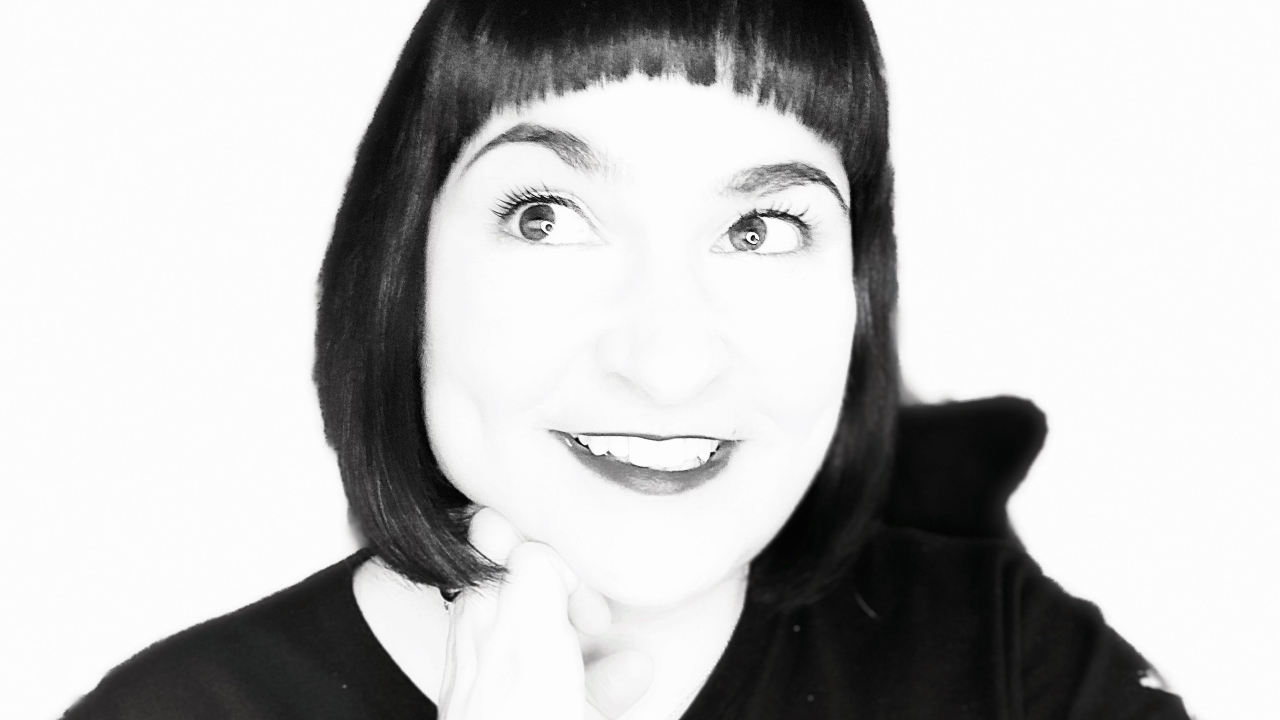
Rachel Weber is the former US Managing Editor of GamesRadar+ and lives in Brooklyn, New York. She joined GamesRadar+ in 2017, revitalizing the news coverage and building new processes and strategies for the US team.


